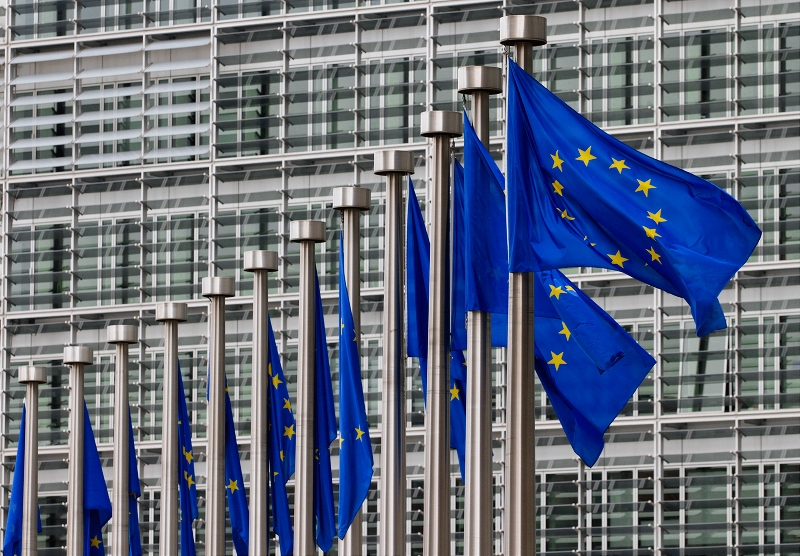It is not a secret that there are double standards in the European Union concerning different countries. The European Court of Justice verdict, which demanded of Poland to immediately suspend the activity of the Supreme Court Disciplinary Chamber, was no surprise. What was shocking, however, was the fine which was imposed for not complying with the verdict: €1 million per day is the highest fine in the EU’s history.
On Wednesday, the European Commission sent a request for payment to Poland to pay €69 million in fines and rejected the Polish motion to not execute the penalties.
The Brussels correspondent for Polsat News television reported on the request on Twitter.
“Poland’s motion to not execute fines due to the activity of the Disciplinary Chamber until reforms were carried was rejected by Brussels. The European Commission has sent a request for payment of the fines accumulated so far for not abiding by the European Court of Justice’s decision: €69 million for the period between Nov. 3 and Jan. 10,” Dorota Bawołek wrote.
The Polish government had requested that the fines not be executed until a project of judicial reforms in Poland was completed.
In April 2020, the European Court of Justice has ruled that Poland is to immediately suspend the functioning of laws concerning the Disciplinary Chamber of the Supreme Court. The top EU court declared that although the organization of the judiciary is the competence of EU member states, they have a responsibility to ensure they are in compliance with EU law.
Soon after, Poland’s Constitutional Tribunal (TK) issued a verdict stating that such orders by the top EU court violate the Polish constitution.
In December 2021, the European Commission announced it was activating a procedure against Poland associated with the Polish Constitutional Tribunal’s verdict on the supremacy of the Polish constitution over EU law.
EU Commissioner for Economy Paolo Gentiloni declared that the commission believed that the Polish Tribunal’s verdict “violated the basic rules of independence, superiority, efficiency and unity of using EU law and the biding consequences of ECJ verdicts.”






